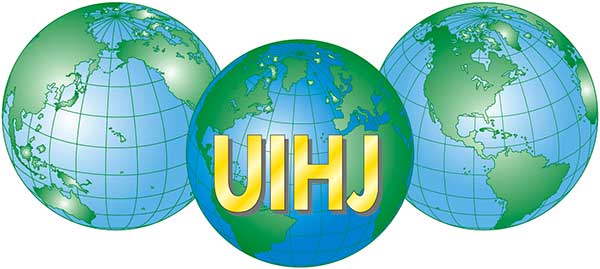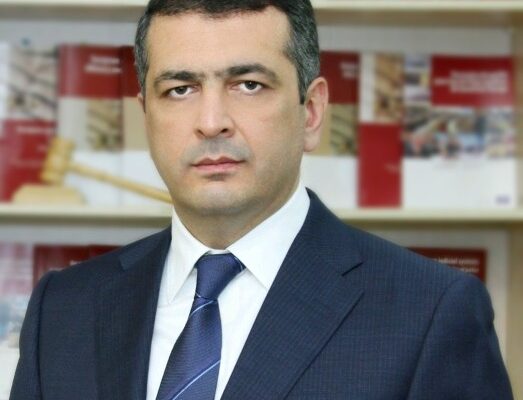Ramin Gurbanov, new president of the CEPEJ, has agreed to answer the questions traditionally raised by the UIHJ to each new president of the CEPEJ on the day of his election
On 4 December 2018, Ramin Gurbanov (Azerbaijan), Vice-President of the European Commission for the Efficiency of Justice of the Council of Europe (CEPEJ), was unanimously elected President of this European institution for a two years term, after Georg Stawa.
On the day of his election, the UIHJ asked him the same three questions as his predecessors.
1. Mr Gurbanov, you have just been elected President of the CEPEJ, what are your impressions?
I would like to point out that it is a great honour and pleasure for me to be elected on such an important position in this respectful institution. The trust and confidence expressed by members of the European legal community put additional obligations on me and I will do my best together with other colleagues to fulfil their expectations.
2. What are your objective for the next years?
More than 15 years CEPEJ served for increasing the efficiency and quality of justice in Europe. During these intensive years, we devoted ourselves in developing different tools and methods for court presidents, senior justice officials and stakeholders, in particular in the field of evaluation of judicial systems, quality of justice, judicial timeframes as well as mediation and enforcement of court decisions. Nowadays more countries and international organizations are interested in taking the observatory status in the CEPEJ for further cooperation with us in the field of justice.
In 2019 in parallel with evaluation of the judicial systems, CEPEJ continues its work on the development of a case-weighting indicator for the courts, mediation tools as well as on the update of the analysis of judicial delays in European states, based on the case law of the European Court of Human Rights.
The other priority is to provide assistance to member states in proper implementation of the framework of principles that can guide policy makers, legislators and justice professionals in addressing the rapid development of Artificial Intelligence in national judicial processes. We should always keep in mind that the AI is to reinforce, and not diminish, the guarantees of the rule of law as well as the quality of the public service of justice with respect to the individual rights and freedom guaranteed by the European Convention on human rights and Council of Europe standards.
In recent years, CEPEJ turned to be a professional source of sharing the solutions. Nowadays we will continue to provide its function as a wide market of sharing the best practices.
3. How the occupation of judicial officer can fall under the work of the CEPEJ?
The judicial officers and their specialized institution played significant role in the work of CEPEJ and there is always a cooperation space in this field of further strengthening the work in this direction. We expect to have more fruitful involvement of them both in evaluation circle, and in the work of other working groups of the CEPEJ.
And the UIHJ is also looking forward to working with you and wishes you a successful mandate!






